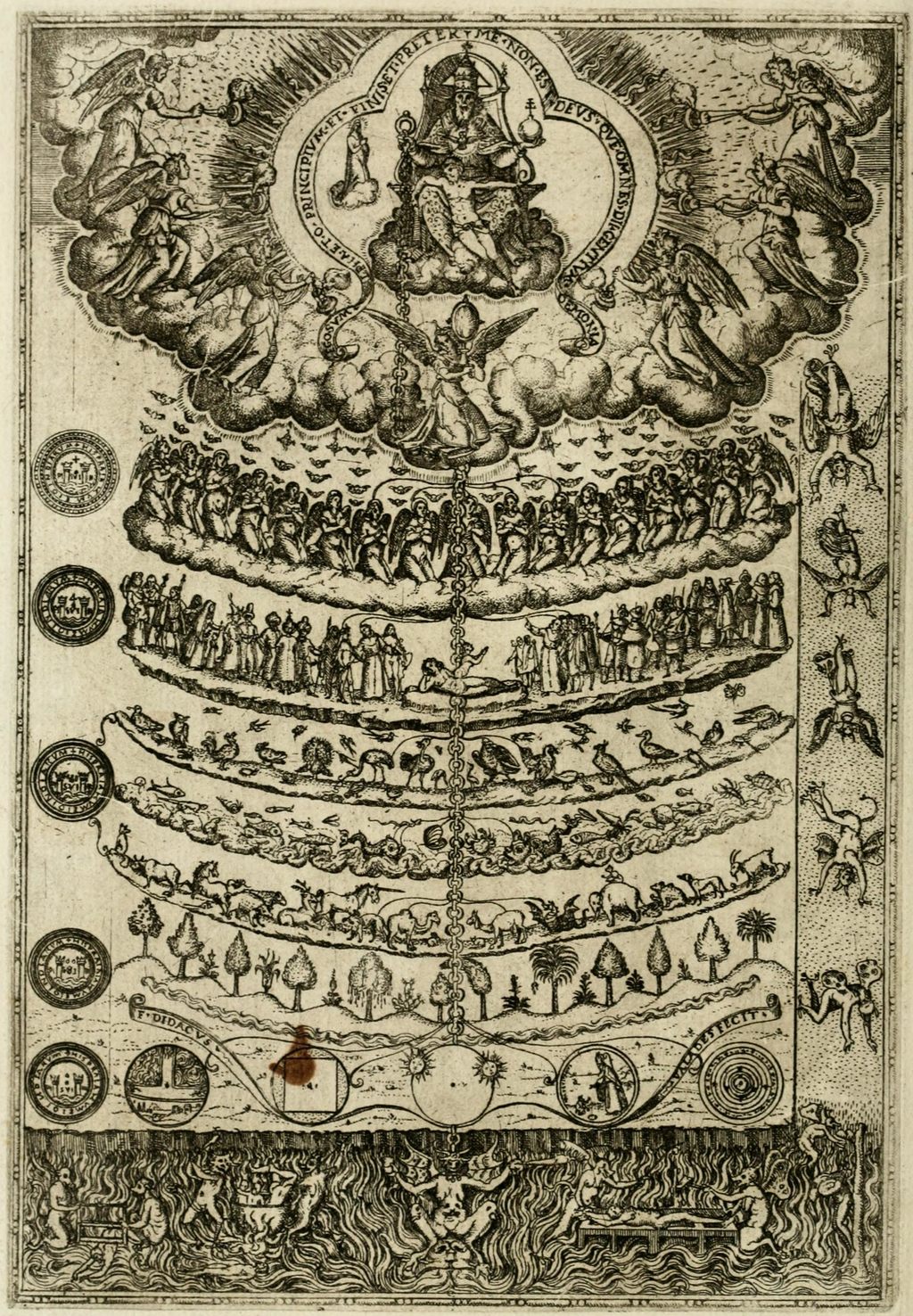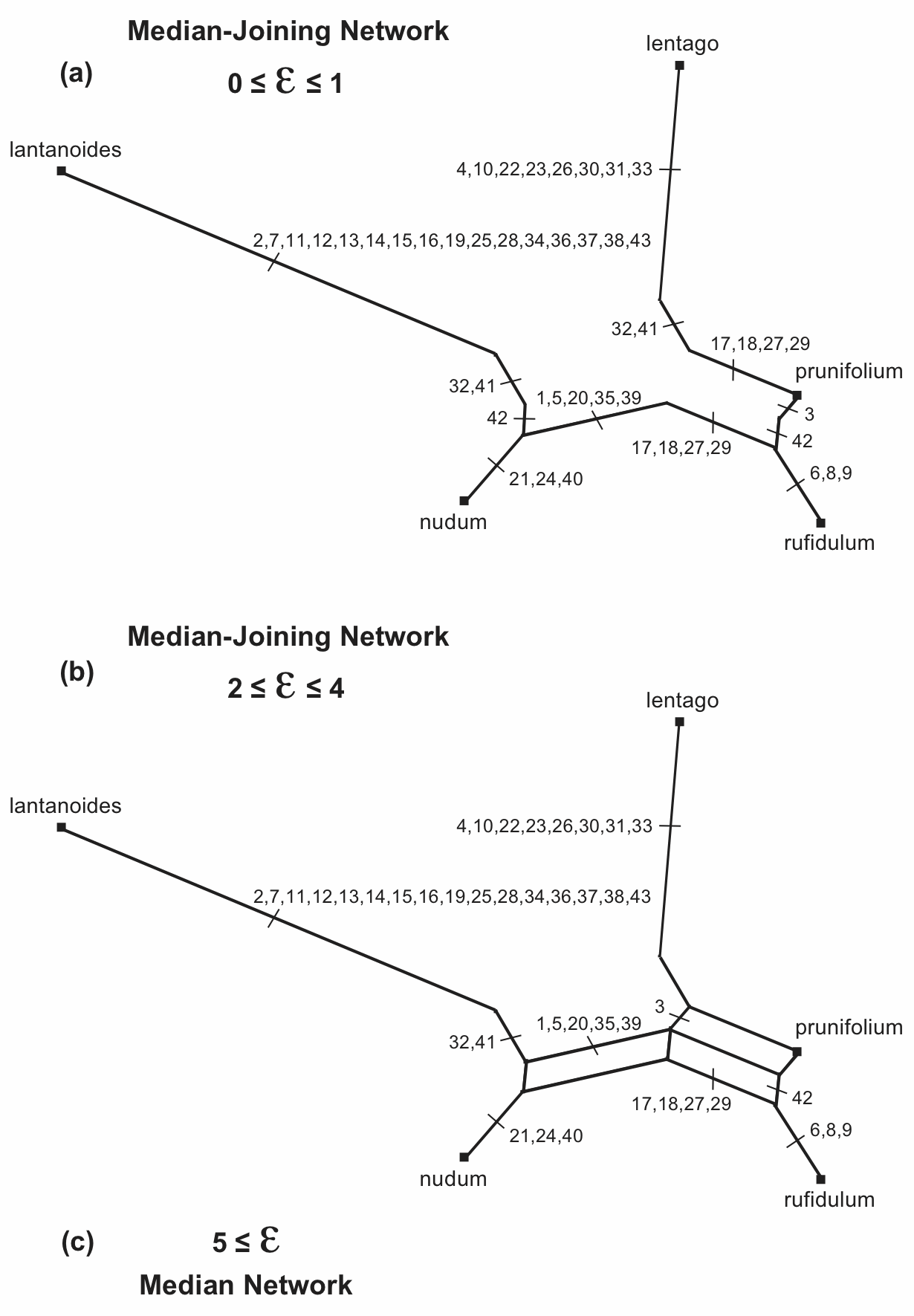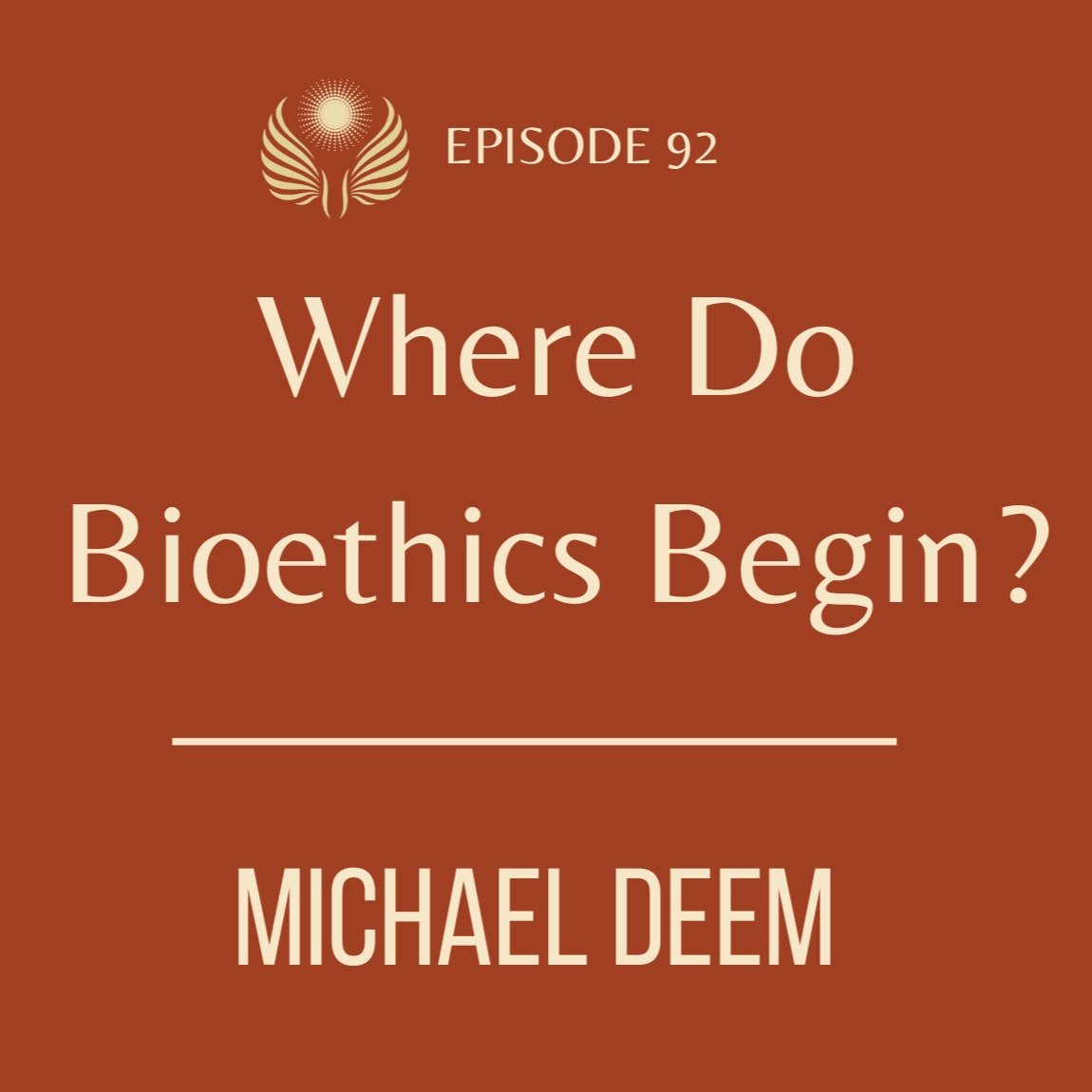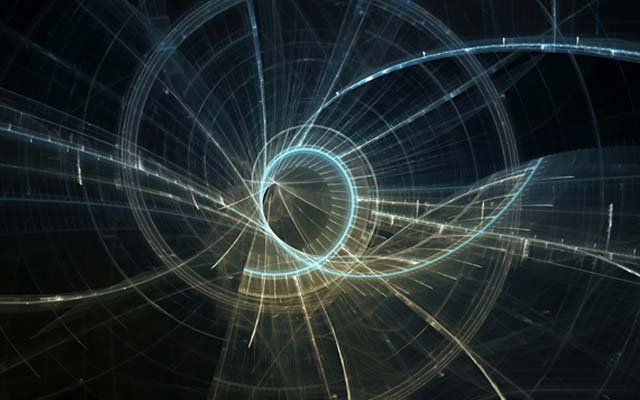The Genealogies of Modernity Journal
The Great Chain of Being, Part I
The chain of being began in ancient philosophy, but it reached its fullest and most systematic expression in medieval Christendom. In the hands of medieval scholastics, the chain of being was personified.
Julia Powell’s genealogy of the Great Chain of Being
The Return of Enchantment: Relational Reality at the Edge of Modernity
What earlier ages described as communion or participation reappears in a new vocabulary of entanglement and interdependence… The underlying insight is familiar: the world is not a collection of discrete objects but a web of relationships, a reality that becomes understandable only through forms of participation.
Brian M. Ross on the compatibility of religion and science
The Interaction Problem
Either the mysterious structures underpinning our rationality are arbitrary and misleading, or—somehow—they broadly work… We are forced to wager that there is something somehow connecting our thoughts with reality.
Kit Wilson on science, skepticism, and subjective experience
Our Modern Split Personality Disorder
“As the great phenomenologists and theoretical physicists of the mid-twentieth century saw it, then, science simply cannot deny ordinary human experience without ultimately undermining itself.”
Kit Wilson on science and reality
Worldpicture, Part III: The Cartesian Roots of Quantum Theory and Postmodernism
“We must recognize that the post-Cartesian reductive-materialist frameworks will never be sufficient to support a robust and expansive human flourishing.”
M. G. Scott on re-accessing metastructure
Worldpicture, Part II: The New Quantum Ontology
“The truly strange thing about quantum mechanics is not the content of the theory: it’s the way that quantum mechanics threatens to upend our fundamental relationship to reality itself.”
M. G. Scott on quantum mechanics and truth.
Flourishing in the Face of Suffering and Death
What can psychology tell us about human flourishing?
Brent Robbins on the Beatitudes as an answer to the problem of evil
The Roots of Eugenics and the Hope of Dignity
Either humanity, and thus each and every human, has dignity in its current state, or it, and by extension we, can never claim to have, or give, dignity.
John P. Slattery offers a genealogy of eugenics
Primer of Phylogenetic Networks
David Morrison offers a scientific deep-dive on networks of change
Where Do Bioethics Begin?
Do bioethicists actually change minds?
An interview with Michael Deem
Behavioral Psychology and the Fight Against Our Phones
This inability to stop engaging in unhealthy, excessive behavior is not unique to the current age.
Helena Vaughan on smartphones as a marker of modernity
How Beautiful Are Numbers?
How is mathematics a liberal art? How can being good at math translate into virtue?
An interview with Francis Su
From Subjectivity to Recognition: Genderealogy and Paradigm Shift
The story of rupture is often told by innovative women.
Christine Helmer and Ruth Jackson Ravenscroft on “genderealogy”
Can AI Be Our Neighbor?
In making computers to solve ethical dilemmas and robots to enter relationships, are we creating something in our own image? Is it possible to separate intelligence or emotion from the body?
An interview with Noreen Herzfeld
The (Newest) Population Problem: Part II
Implicit in this wisdom saying is a sense of the incalculable—that one person is the whole world. This incalculable value transcends the rationalist’s quality of life calculations.
Anthony Shoplik on suffering and meaning in Alfonso Cuarón’s Children of Men
The (Newest) Population Problem
There are two questions: ‘Should I have kids, knowing they will contribute to the climate crisis?’ and ‘Should I have kids, given the climate crisis they will face?’
Anthony Shoplik on having kids in the age of climate change
The Rise of the Information Nexus
We no longer connect with one another over information as often as we used to. Instead, we connect with a broker, a hub, a nexus.
Tom White and Wesley Brandon on substituting systems for people
Popes, Unicorns, and Other Convenient Narratives
By demolishing the conflict thesis, the authors have reminded us that if we hope to make true progress, it will require disabusing ourselves of convenient narratives and embracing collaboration between faith and reason.
Zachary Stoltzfus reviews Of Popes and Unicorns
The Social Question of Artificial Intelligence
The word “artifice” means handiwork, work of skill. Artificial intelligence is a wondrous work. And yet, if we allow that artifice to define our reality… we may become artifices ourselves, handiwork of our handiworks.
John Dolan and Jordan Wales on AI and us
How AI Will Change Us
The meaning of our personhood becomes a necessary object of examination wherever some technology is deeply entwined with our lives, particularly when that technology purports to replicate what we are.
Jordan Wales and John Dolan on AI and us























